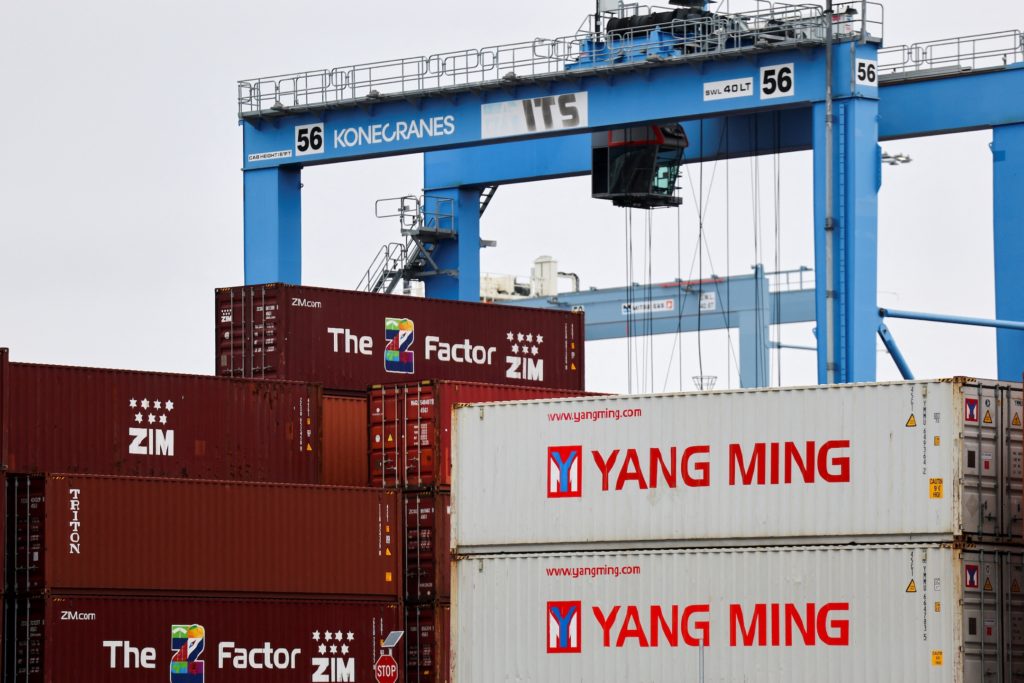Nick Schifrin:
President Trump said in a post online this afternoon that Marcos agreed to remove tariffs on all U.S. imports and that the U.S. would impose a 19 percent tariff on Philippines goods. There’s been no confirmation yet from the Philippines.
But that 19 percent is the same percentage the U.S. will impose on Indonesian goods in a new framework deal with that country, also announced today.
For a perspective on the Trump administration’s overall approach to Asia, we get two views. Randall Schriver was assistant secretary of defense for Indo-Pacific affairs during the first Trump administration. He’s now chairman of the Institute for Indo-Pacific Security. And Lyle Goldstein is the director for Asia engagement at Defense Priorities, a think tank that advocates for a noninterventionist U.S. foreign policy. He’s director of the China Initiative at Brown University.
Thanks very much. Welcome to both of you.
Randall Schriver, let me start with you.
I just mentioned how the U.S. has expanded defense cooperation across the Pacific, including exercising recently on a base in the Philippines that is basically closer to Taiwan than it is to Manila. Why is that kind of presence important to U.S. interests and plans in Asia?
Randall Schriver, Former U.S. Assistant Secretary of Defense for Indonesia-Pacific Affairs: Well, we’re a distant power and we’re reliant on friends and allies for access for our forward-deployed forces.
Taiwan is an important country to us, an important relationship for the region. Any threat to Taiwan, we’d want to at least be positioned to respond to. Whether or not we do so militarily is a political decision, but we want to be in position, and the Philippines is key to that.

